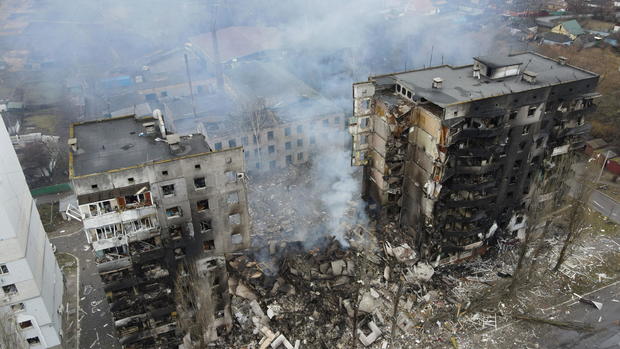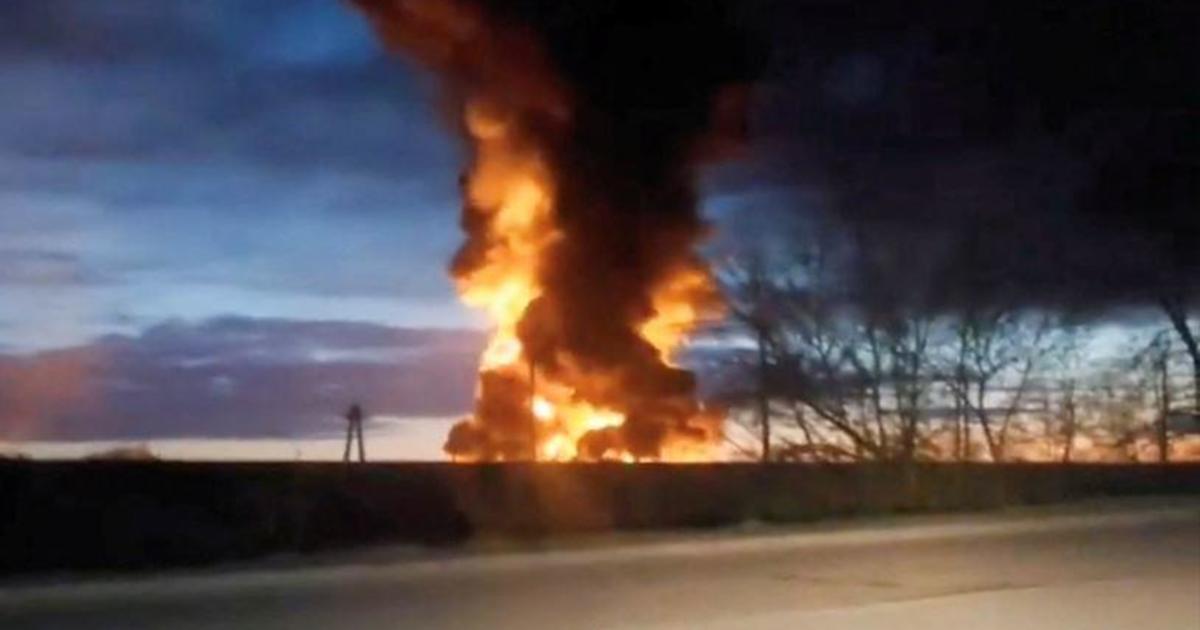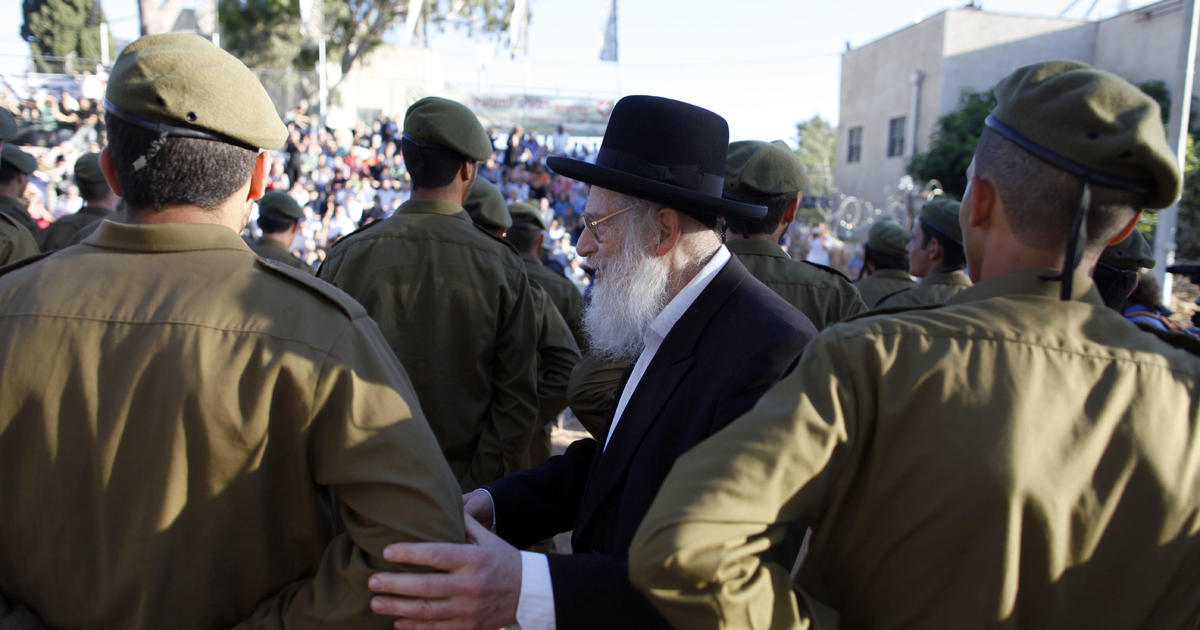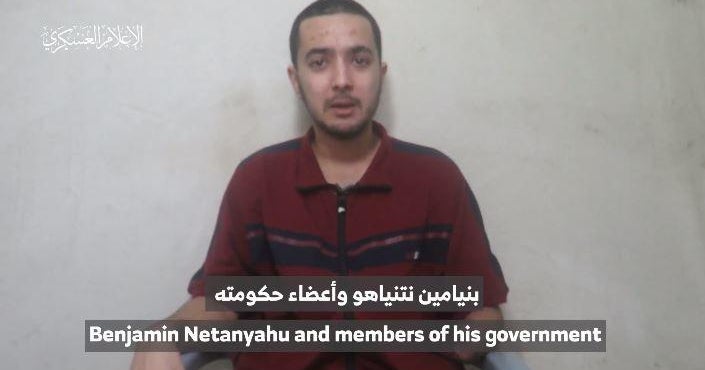Russia's war in Ukraine: Latest developments and what you need to know almost a month into Putin's invasion
It has been almost one month since Russian President Vladimir Putin ordered his forces to invade Ukraine on February 24. He had a huge military advantage from the outset, but despite the odds and an incessant and brutal aerial bombardment of his neighbors, the facts on the ground do not reflect Putin's continuing insistence that what he stubbornly refuses to call a war is going to plan.
Below are some of the latest developments, both on the front lines and as the United States and its allies continue trying to show a united front against Putin's aggression, and in support of Ukraine's government.
Ukrainian forces make gains
Ukrainian military officials say they have pushed Russian forces out of Makariv, a strategically important suburb on the western approach to Kyiv, preventing the Russians from surrounding Ukraine's capital city from the north-west.
A U.S. senior defense official said Tuesday that Ukrainian forces have also launched offensives in other areas, reclaiming territory around the decimated northeastern city of Kharkiv, and in the country's south.
"It's notable," the official said. "Not only are the Ukrainians defending well, they're making efforts to take back territory the Russians have taken in recent days."
The official said Russia's military may have lost around 10% of the troops it originally sent to Ukraine, and that it was suffering "command and control issues." The official also said some Russian "soldiers are suffering from frostbite because they lack the appropriate cold weather gear. We don't think they properly planned."
In a U.K. intelligence update, the British defense ministry said the battlefield across the north of the country appeared "static," but it warned that Russia could be trying to reorganize its ground forces to stage an assault on Kyiv. President Joe Biden, meanwhile, has warned that with Putin's back "against the wall," there has been a "clear sign" that the Russian leader is considering unleashing chemical or biological weapons in Ukraine.
Horror in besieged Mariupol
Russia's brutal siege of the port city of Mariupol continues. Over 80% of homes have reportedly been damaged, and thousands of civilians remain trapped without food or water.
Ukrainian President Volodymyr Zelenskyy said Russia had blocked a humanitarian convoy on Tuesday — despite the route being agreed to ahead of time — that was entering the city to deliver desperately needed supplies. Four of the aid workers and 11 drivers were taken captive, another official said.
"We are trying to organize stable humanitarian corridors for Mariupol residents, but almost all of our attempts, unfortunately, are foiled by the Russian occupiers, by shelling, or deliberate terror," Zelenskyy said in a video Tuesday evening.
More than 100,000 civilians remain in Mariupol, "in inhuman conditions, under a full blockade, without food, without water, without medicine and under constant shelling, under constant bombardment," Zelenskyy said.
A Russian official told the country's state-run news agency RIA Novosti that Russia's interest in seizing Mariupol was to build a land bridge between the occupied Crimean Peninsula and the eastern separatist republics of Donestk and Luhansk.
"Taking control of the highway from Crimea to Mariupol... will reliably connect the peninsula with the Donbas by a transport corridor," said Kirill Stepanov, a government adviser for Russia's Southern Federal District.
Biden to Europe
U.S. President Joe Biden was traveling to Brussels this week for a series of meetings with allies. In a show of unity, Mr. Biden will sit down separately with fellow leaders from NATO, the Group of Seven (G-7) nations, and the European Union.
The U.S. president is expected to announce a new round of sanctions against members of Russia's lower house of parliament, the State Duma.
The sanctions will target 400 individuals, including 328 Russian lawmakers, the Wall Street Journal reported.
Last month, the Duma passed an appeal to Russian president Vladimir Putin to recognize the independence of the eastern breakaway regions of Ukraine, a move which foreshadowed Russia's invasion of the country.
Diplomatic efforts
There have been a handful of rounds of direct talks between Russian and Ukrainian government delegations. Zelenskyy said Wednesday that the negotiations were moving forward "step by step." He noted that they were "very difficult, sometimes confrontational."
The Ukrainian leader said everything was on the table in the talks, but that any agreement that might be reached would have to be put to a referendum in his country. On Monday, he called for direct talks with Putin.
Poland has suggested that NATO could deploy peacekeepers to Ukraine, but the Kremlin quickly warned against any such move and Washington and some EU countries have been extremely wary of taking any actions that could be used by Putin to further escalate the war.
Kremlin spokesman Dmitry Peskov said Wednesday that sending NATO troops into Ukraine would be a "very reckless and extremely dangerous decision" with possible "difficult-to-repair consequences."
Zelenskyy has said that he expects to speak with Chinese President Xi Jinping soon. China, a Russian ally, has remained muted about the conflict. U.S. officials have said that Putin asked China for assistance on the battlefield.




